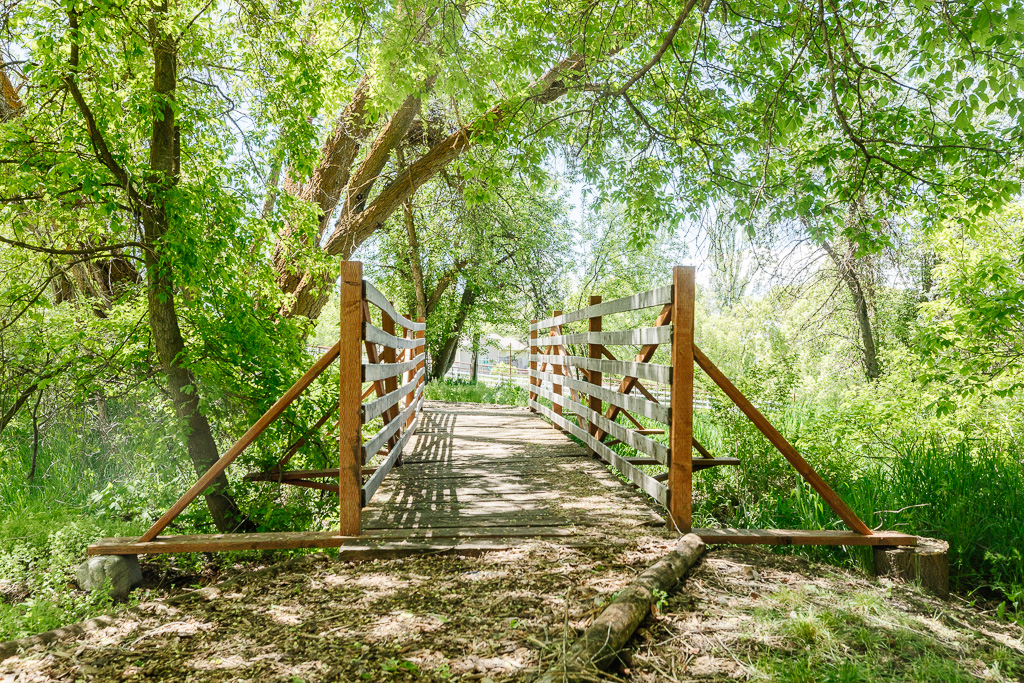
Richmond Lions Club Park
FEATURES: picnic area * restroom * short trail * pond * nature
Richmond City Park
FEATURES: Gazebo, Disc Golf Course, large grassy area (no restrooms)
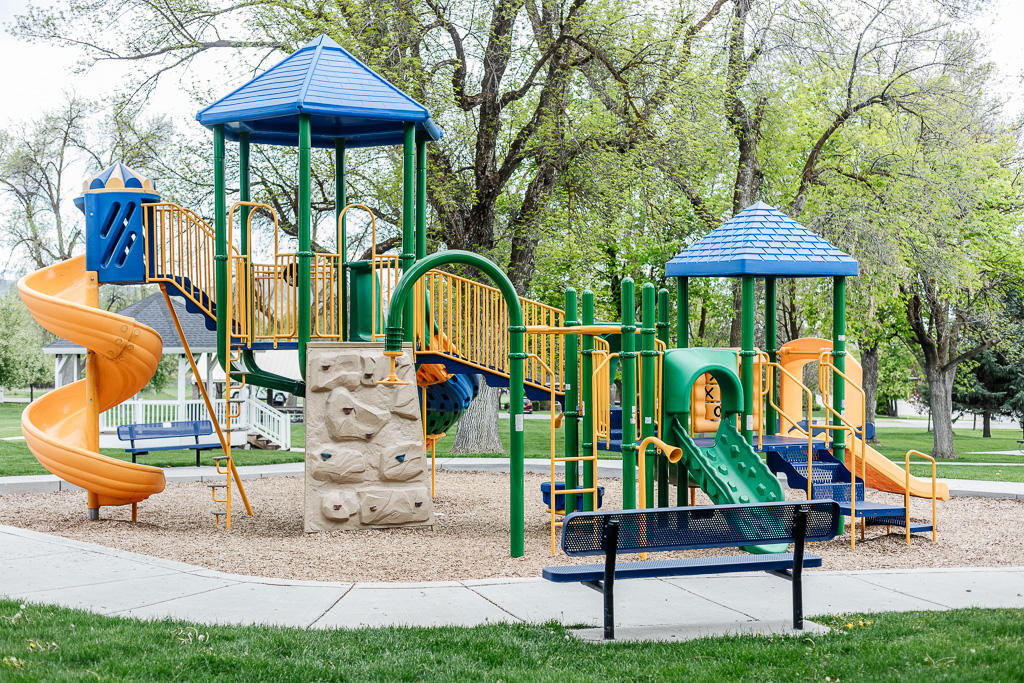
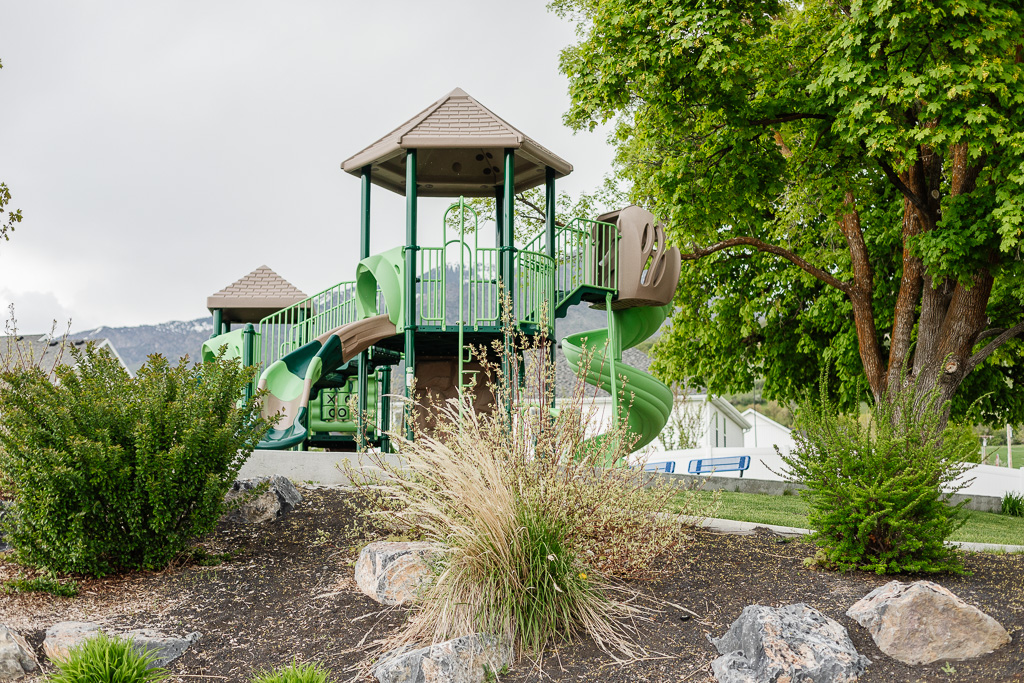
Park on 300 N
FEATURES: playground
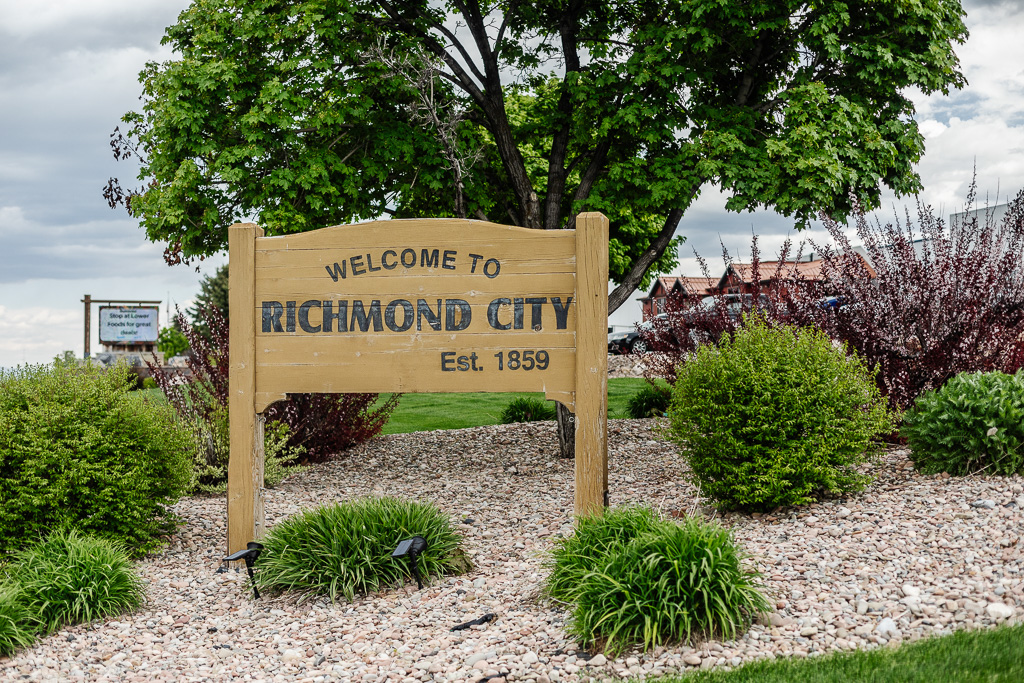
When I think of Richmond the first thing that comes to mind is goldfish or cookies from Pepperidge Farm, and then my maverick stop on the way to Preston. Richmond is a quiet community with farms, a couple food production plants, and a SKI RESORT.
The following is the history from wikipedia.
Agrippa Cooper was the first settler in Richmond in the mid-1850s. In 1859, surveyors visited the Richmond area and determined it to be a suitable area for living, with abundant water that could be used for farming and milling, and land that was fertile for growing crops.[5] Within a few years log cabins, dugouts, and a log fort had been built. In 1860, a sawmill and a schoolhouse were erected.[6][7] The city was settled mainly by Mormon pioneers, such as Thomas Levi Whittle, John Bair, Stillman Pond, Goudy E. Hogan, and Marriner W. Merrill.[8]
The city was likely named in honor of LDS apostle Charles C. Rich, who had been the Apostle who traveled to the American Falls area of California in 1850 to call the first ten Latter-day Saint missionaries (including Whittle) to serve in Hawaii. [9] (AND WHO ALSO HAPPENS TO BE MY 3RD GREAT GRANDFATHER) Other factors involved in selecting the name may also have been the rich local soil or that Richmond, London was the hometown of some of its English settlers.[7]
In 1860, LDS Church President Brigham Young visited the settlement of Richmond to council and direct the settlement. The Native Americans in the Cache Valley were becoming hostile to many of the Mormon pioneers, and many violent battles had already been fought. Young counseled the settlers to “Move your families and wagons close together, then, if you are disturbed, you are like a hive of bees, and everyone is ready and knows at once what to do.”[5] This led the settlers to build a fort named “Fort Richmond”.
Richmond was incorporated in 1868.[10]
In 1912, an election was held about adding a Carnegie library. The Richmond Carnegie Library was built on Main Street in 1914.[11]
Holstein Friesian cattle were brought to Richmond in 1904, and thrived so well that the town was recognized as Utah’s Holstein center. In 1912, the Richmond Holstein Cow Show was founded. Now called Richmond’s “Black and White Days”, the show features carnival rides, food vendors, a horse pull, and a parade.[6][12] The town’s first two creameries—Cache Valley Dairy and Union Creamery—each produced up to 40,000 lb (18,000 kg) of milk per day in 1902. The creameries were absorbed by Utah Condensed Milk Company in 1904, and then reorganized as Sego Milk Products in 1920.[6] For many years, the plant was the largest operation west of the Mississippi.
The 1962 Cache Valley earthquake, which occurred east of Richmond in the Bear River Range, destroyed many pioneer buildings in Richmond, including the original home of Marriner W. Merrill, and the two-story LDS brick Stake Tabernacle.
From Utah Highway 91 in Smithfield, turn east onto Center Street. Travel 0.4 miles and turn north onto 300 East. Continue onto Canyon Rd, travel 4.5 miles to FR 049. Past the gate, travel 2.3 miles on FR 049 to the trailhead and parking area
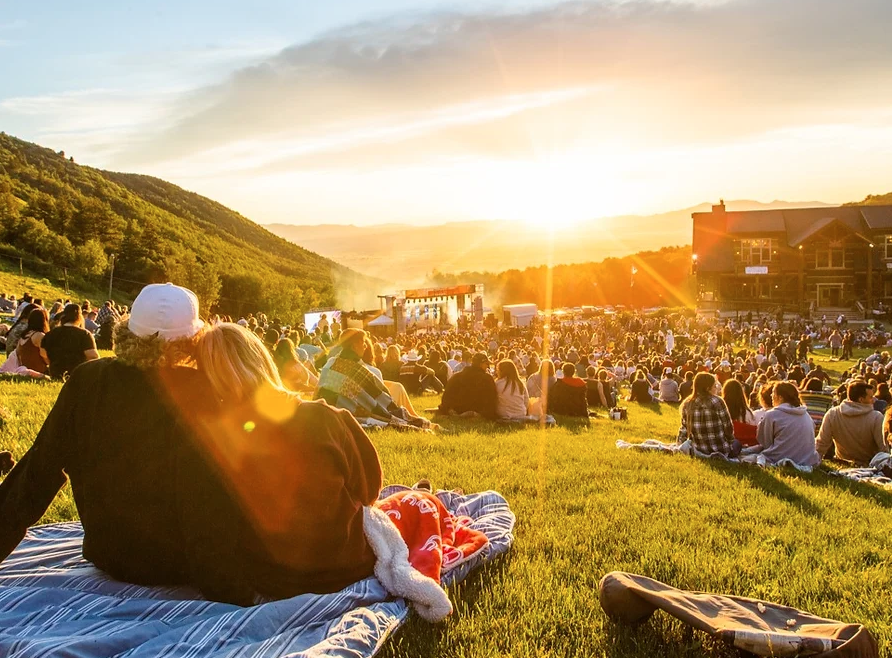
An exciting recent addition to the city of Richmond is their very own grocery store.
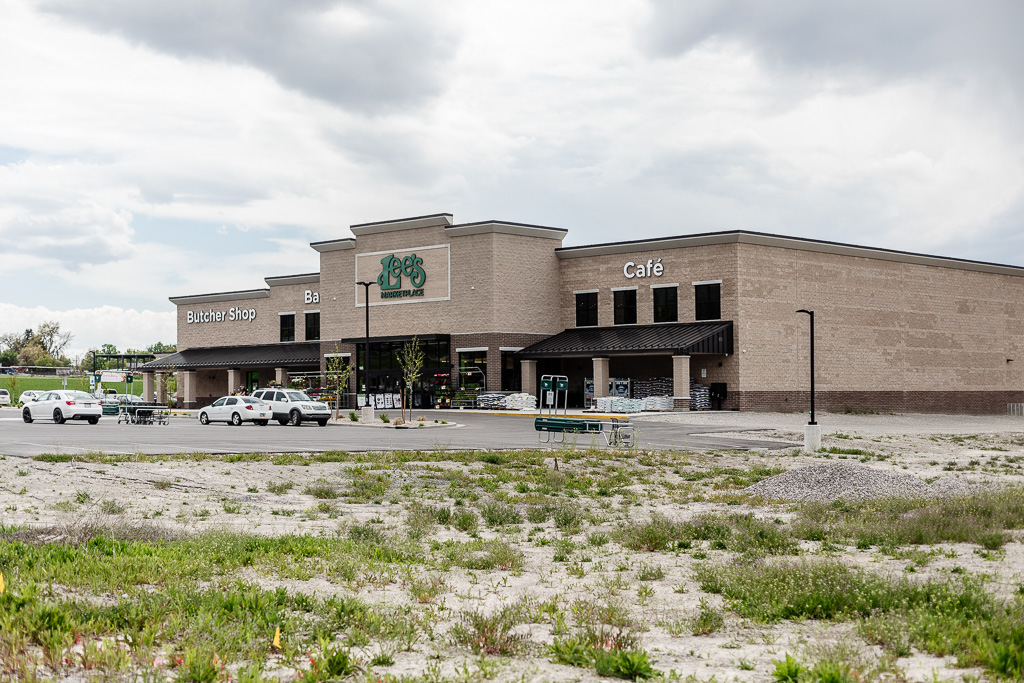
185 N 200 W, Richmond, UT 84333
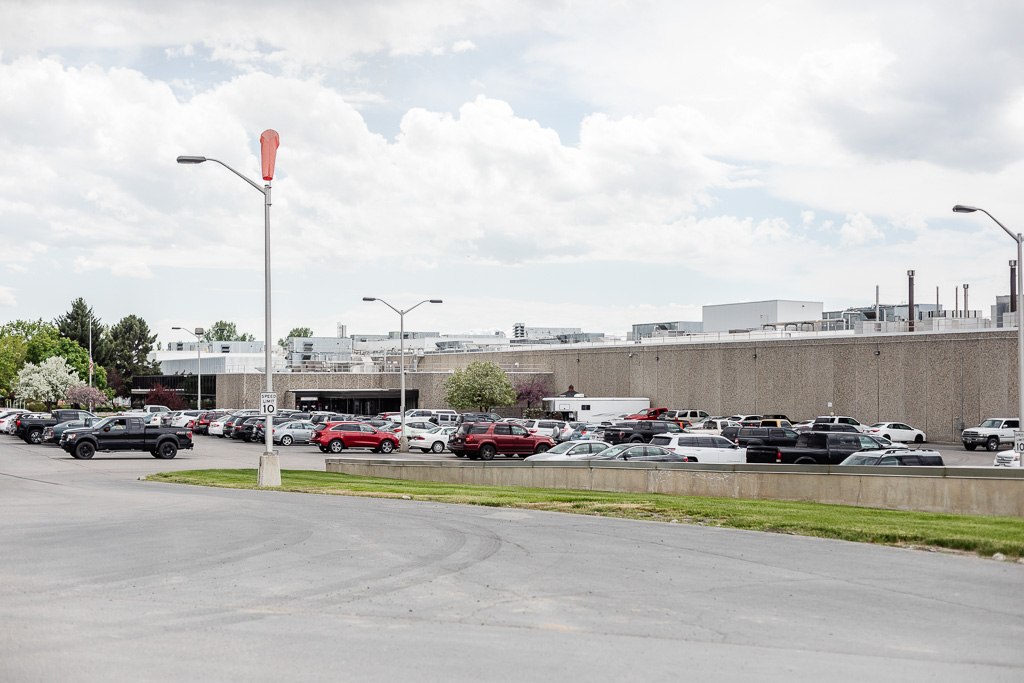
695 W 1700 S Bldg 14, Logan, UT 84321
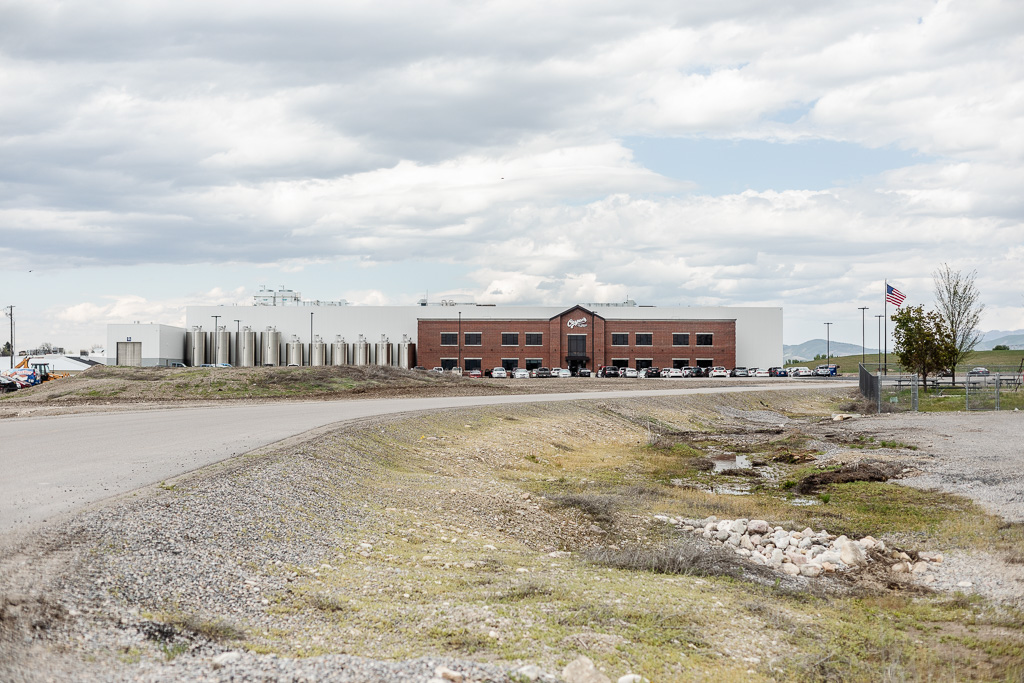
11805 N 200 E, Richmond, UT 84333
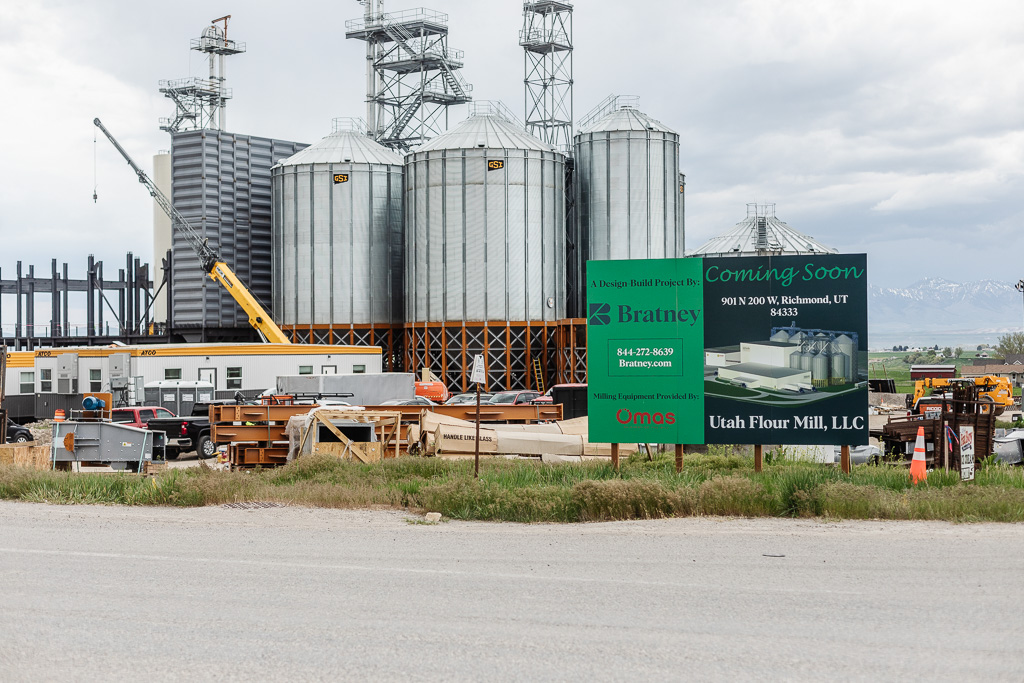
901 n 200 w, Richmond, UT 84333
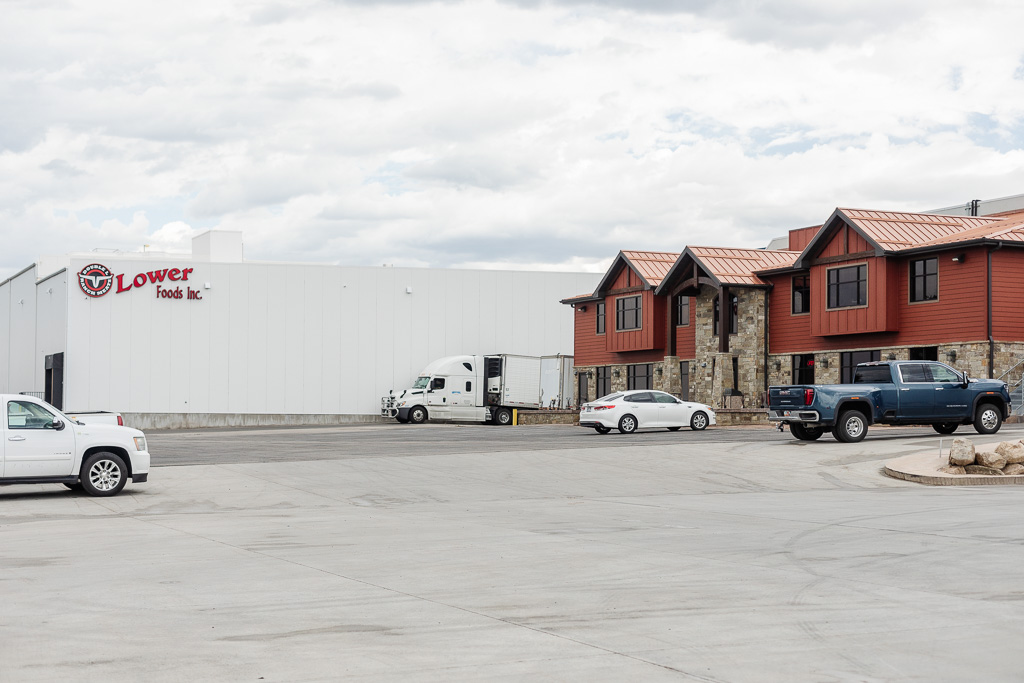
700 US-91, Richmond, UT 84333

FEATURES: picnic area * restroom * short trail * pond * nature
FEATURES: Gazebo, Disc Golf Course, large grassy area (no restrooms)


FEATURES: playground
SEARCH HOMES
Heather Savage
Serving Northern UT
License #832001678
(435) 233-9140
565 W 465 N
Providence, UT 84332
